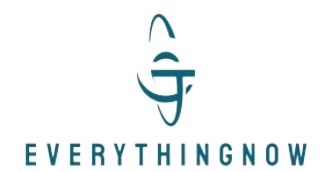Egg Freezing: Pros and Cons of the Technique
Learn about the benefits and potential drawbacks of egg freezing, including increased control over fertility, increased chances of pregnancy later in life, and potential health risks
Egg freezing, also known as oocyte cryopreservation, is a medical technique that has become increasingly popular in recent years as a way for women to preserve their fertility. The procedure involves extracting a woman's eggs and freezing them for later use. While there are certainly benefits to this procedure, there are also potential drawbacks that should be considered. In this article, we'll explore the pros and cons of egg freezing.
Pros of Egg Freezing:
-
Gives women more control over their fertility:
Egg freezing gives women the ability to preserve their fertility until they are ready to start a family. This can be particularly beneficial for women who are focused on their careers or who haven't yet found the right partner. -
Can increase the chances of pregnancy later in life:
As a woman ages, her fertility declines. By freezing her eggs when she is younger, she can increase the chances of a successful pregnancy later in life. -
Provides a sense of security:
For women who are concerned about their ability to conceive in the future, egg freezing can provide a sense of security and peace of mind. -
Can be used in fertility treatments:
Frozen eggs can be used in various fertility treatments, including in vitro fertilization (IVF) and intracytoplasmic sperm injection (ICSI).
Cons of Egg Freezing:
-
Cost:
Egg freezing can be expensive, with costs ranging from $10,000 to $15,000 per cycle. This cost can be prohibitive for many women, particularly those who may need to undergo multiple cycles. -
No guarantee of success:
While freezing eggs can increase the chances of pregnancy later in life, there is no guarantee of success. The success rates for frozen eggs can vary depending on a variety of factors, including the woman's age at the time of freezing and the number of eggs frozen. -
Potential health risks:
The process of egg retrieval can be physically demanding and carries some risks, including bleeding, infection, and damage to surrounding organs. -
Ethical concerns:
Some people have ethical concerns about the use of frozen eggs, particularly when it comes to using them for scientific research or in cases where a woman may not be able to use them herself.
In conclusion, egg freezing can be a valuable option for women who want to preserve their fertility. However, it is important to carefully consider the pros and cons of this procedure before making a decision. Women should speak with their healthcare provider and a fertility specialist to discuss their options and determine if egg freezing is the right choice for them.

 Ashish Kumar
Ashish Kumar 













